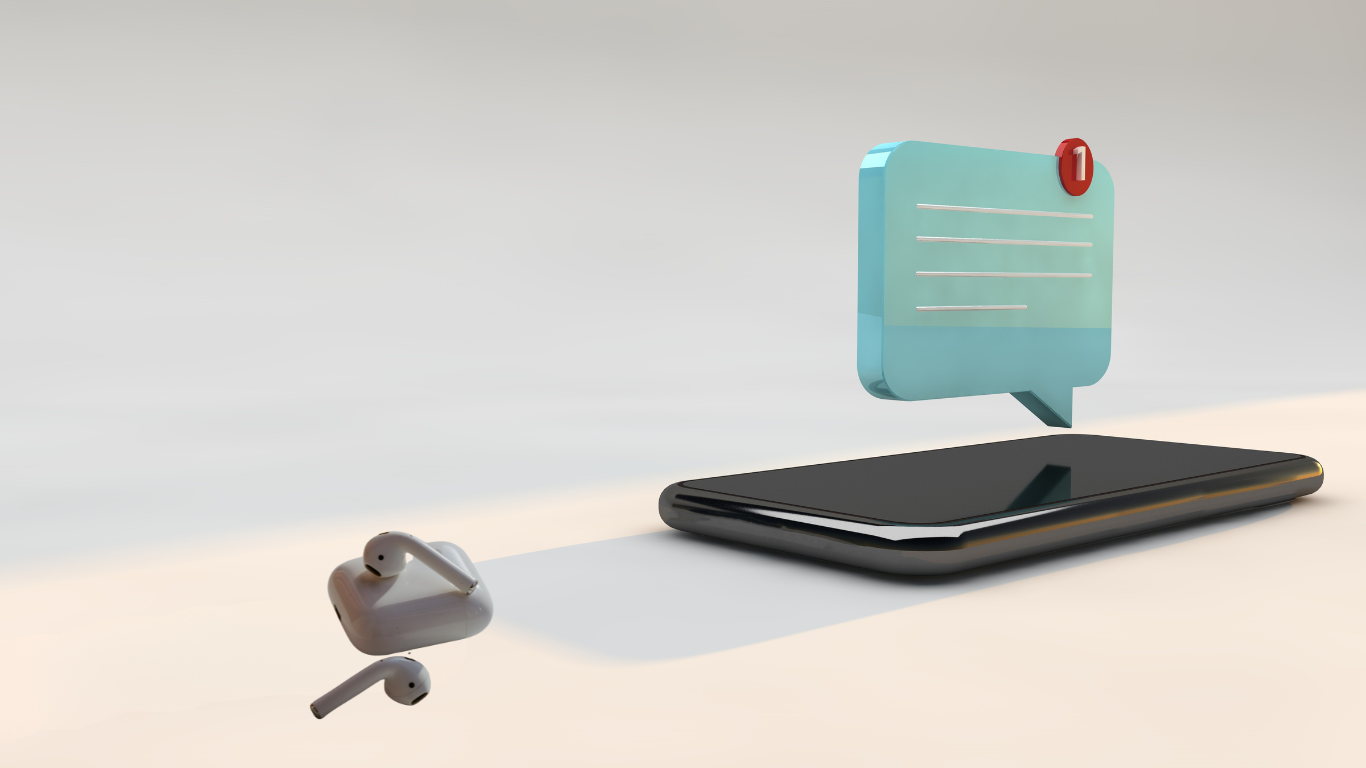By Alissa Horneland
•
November 17, 2025
Five years ago, Frequency Hearing opened its clinic with one goal. To help people hear life more clearly and confidently. What began as a small, community-focused practice has grown into a trusted destination for hearing tests, hearing aids, custom protection, tinnitus management, and workplace hearing services across Beaumont and surrounding areas. As we celebrate this milestone, we want to thank every client, family member, business partner, and community leader who has supported Frequency Hearing. Your trust is the reason we continue to grow. Our Mission Has Always Been Personal At Frequency Hearing, hearing care is never just about devices. It is about people. Hearing loss affects conversations, relationships, confidence, and overall quality of life. That is why our care model has always been rooted in compassion and education. We take the time to explain hearing changes, guide you through your options, and provide ongoing support long after your appointment ends. Helping Our Community Hear the Moments That Matter Over the past five years, we have been honoured to help hundreds of Albertans rediscover the sounds they love. Common success stories include: Hearing grandchildren clearly again Understanding conversations in busy restaurants Reducing tinnitus stress Feeling safer at work with proper hearing protection Improving day-to-day communication at home and in the workplace Every improved conversation and every moment of clarity remind us why this work matters. A Heartfelt Thank You to Our Team The Frequency Hearing experience is shaped by people who care. A special thank you goes to our incredible assistant. For three years, your dedication, kindness, and professionalism have brought comfort and confidence to every person who walks through our doors. You have helped build the warm and welcoming experience that our clients value. Together, we have created more than a clinic. We have created a community built on trust and support. Whether you are a long-time client or someone who has been thinking about getting your hearing checked, we would love to see you. Looking Ahead to the Next 5 Years As we move into our sixth year, Frequency Hearing is committed to expanding our services to better support individuals, families, and workplaces. What You Can Expect Moving Forward More accessibility for busy families Streamlined appointments and community education opportunities. Expanded workplace hearing services On-site testing for employers, custom protection for noisy industries, and safety education programs. Continued leadership in hearing wellness Modern solutions for tinnitus, updated device technology, and personalized long-term hearing support. We look forward to helping even more people experience improved hearing and a better quality of life. Thank You, Beaumont From day one, Beaumont has welcomed us with trust, encouragement, and a sense of community spirit. We are grateful for every visit, every referral, and every shared success story over these past five years. Here is to the next chapter filled with connection, clarity, and the sounds that make life meaningful. With gratitude, Alissa Horneland, BC HIS Owner, Frequency Hearing










